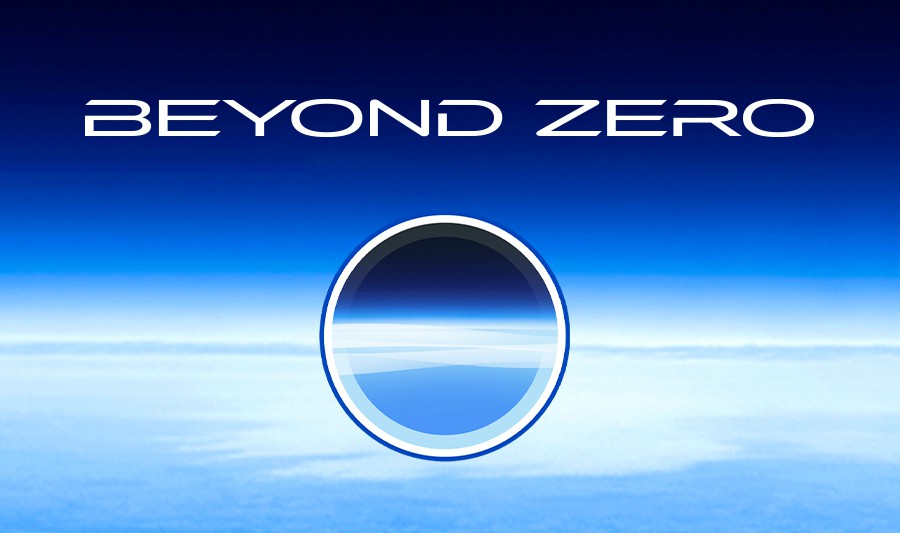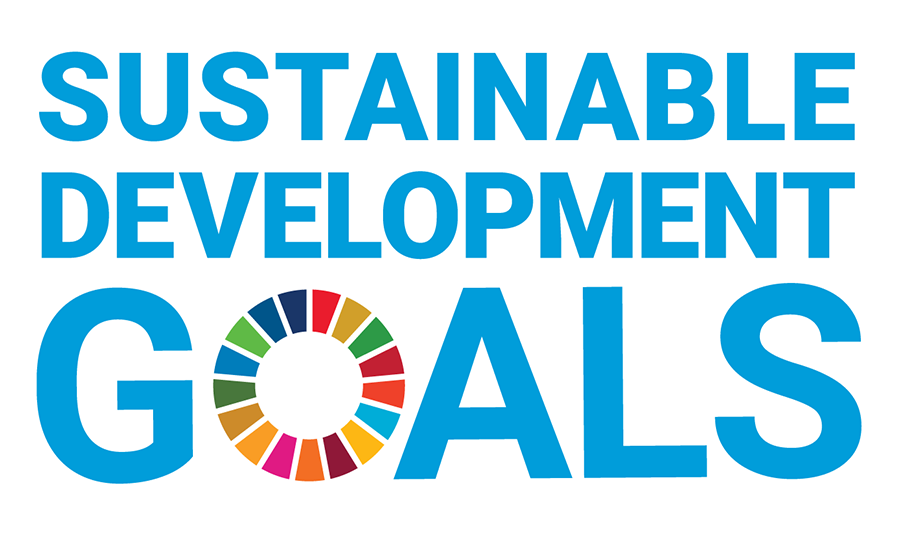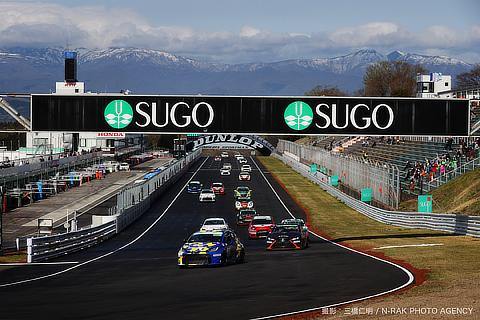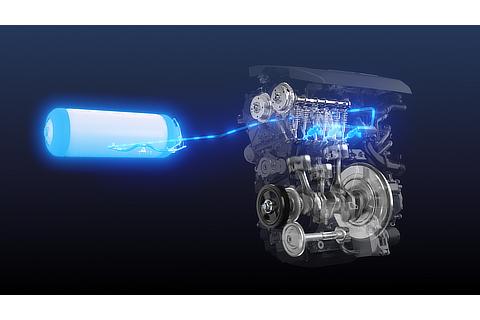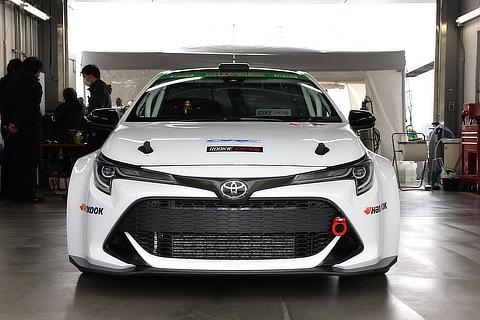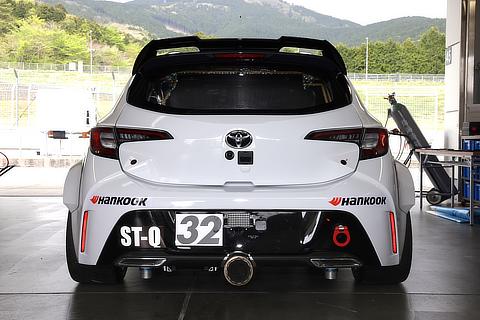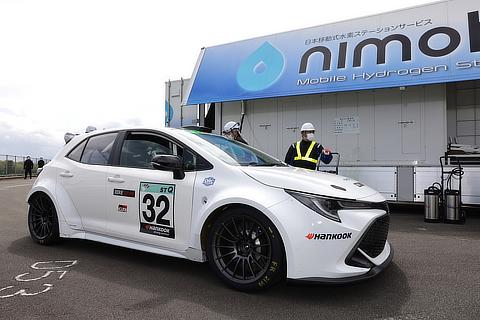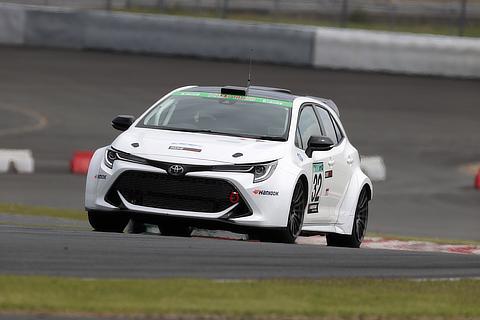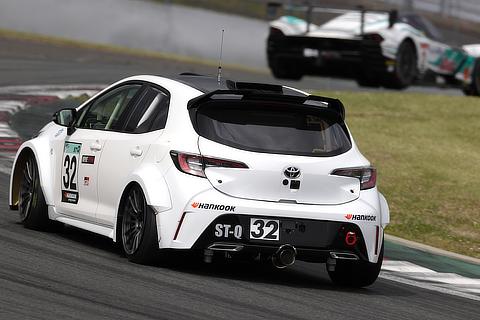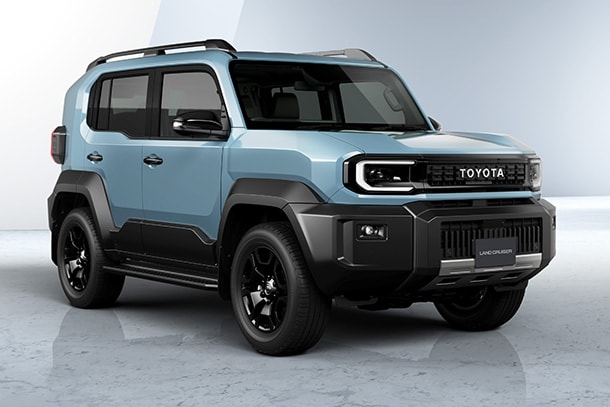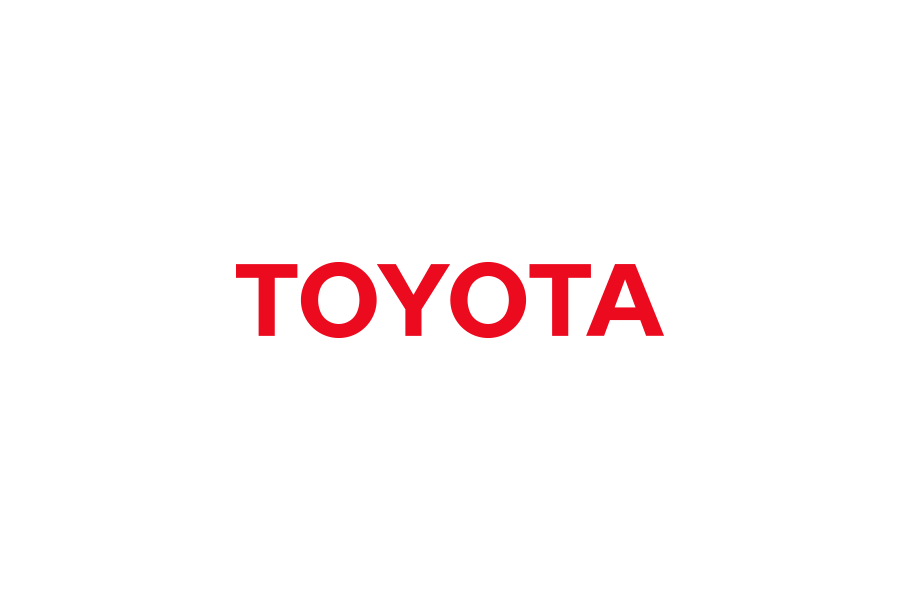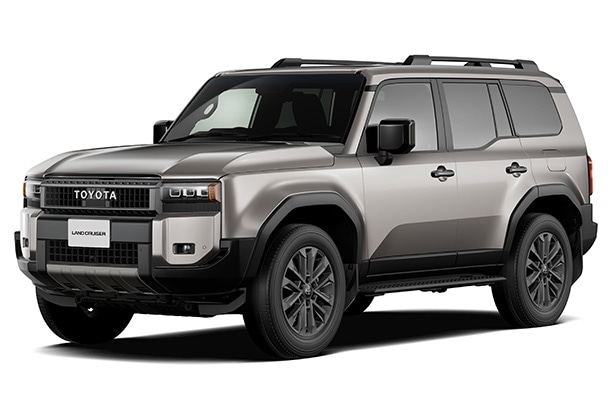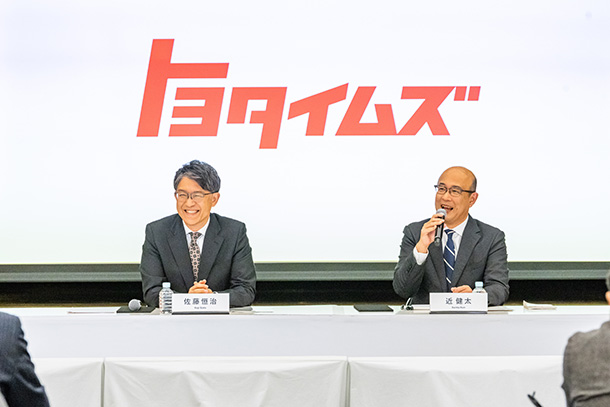Apr. 22, 2021
Toyota Developing Hydrogen Engine Technologies Through Motorsports
Toyota City, Japan, April 22, 2021―Toyota Motor Corporation (Toyota) announced today that, toward the achievement of a carbon-neutral mobility society, it is developing a hydrogen engine. It has installed the engine on a racing vehicle based on Toyota's Corolla Sport, which it will enter in competition under the ORC ROOKIE Racing banner starting with the Super Taikyu Series 2021 Powered by Hankook Round 3 NAPAC Fuji Super TEC 24 Hours Race on May 21-23.
By honing its under-development hydrogen engine in the harsh environment of motorsports, Toyota aims to contribute to the realization of a sustainable and prosperous mobility society.
-

- A Super Taikyu Series race
- Image of a hydrogen engine
Fuel cell electrified vehicles (FCEVs) such as Toyota's Mirai use a fuel cell in which hydrogen chemically reacts with oxygen in the air to produce electricity that powers an electric motor. Meanwhile, hydrogen engines generate power through the combustion of hydrogen using fuel supply and injection systems that have been modified from those used with gasoline engines. Except for the combustion of minute amounts of engine oil during driving, which is also the case with gasoline engines, hydrogen engines emit zero CO2 when in use.
Combustion in hydrogen engines occurs at a faster rate than in gasoline engines, resulting in a characteristic of good responsiveness. While having excellent environmental performance, hydrogen engines also have the potential to relay the fun of driving, including through sounds and vibrations.
Toyota has long engaged in the innovation of engine technology. Also, it is applying in production vehicles the technologies that it has continued to refine through its participation in motorsports, with the GR Yaris launched last September being one example. And when it comes to safety, Toyota intends to apply the technologies and know-how that it has accumulated through the development of fuel cell vehicles and the commercialization of the Mirai.
Plans are for the hydrogen-engine-powered race vehicle announced today to be fueled during races using hydrogen produced* at the Fukushima Hydrogen Energy Research Field in Namie Town, Fukushima Prefecture. While aiming to expand hydrogen infrastructure by promoting hydrogen use, Toyota intends to continue advancing efforts for economic recovery and revitalization of the Tohoku region together with all parties concerned.
Toward achieving carbon neutrality, Toyota has been strengthening its efforts, such as by aiming to promote the use of hydrogen through the popularization of FCEVs and numerous other fuel-cell-powered products. By further refining its hydrogen-engine technologies through motorsports, Toyota intends to aim for the realization of an even better hydrogen-based society.
Engine overview
| Displacement | 1,618 cc |
|---|---|
| Type | In-line 3-cylinder turbo with intercooler |
| Fuel used | Compressed hydrogen |
| * | In cooperation with the New Energy and Industrial Technology Development Organization (NEDO) and Japan's Ministry of Economy, Trade and Industry |
|---|
"Achieving zero, and adding new value beyond it"
As part of efforts to pass our beautiful "Home Planet" to the next generation, Toyota has identified and is helping to solve issues faced by individuals and overall society, which Toyota calls "Achieving Zero," hoping to help reduce the negative impacts caused by these issues to people and the environment to zero. Additionally, Toyota is also looking "Beyond Zero" to create and provide greater value by continuing to diligently seek ways to improve lives and society for the future.
- About Beyond Zero
- https://global.toyota/en/mobility/beyond-zero/
Toyota Motor Corporation works to develop and manufacture innovative, safe and high-quality products and services that create happiness by providing mobility for all. We believe that true achievement comes from supporting our customers, partners, employees, and the communities in which we operate. Since our founding over 80 years ago in 1937, we have applied our Guiding Principles in pursuit of a safer, greener and more inclusive society. Today, as we transform into a mobility company developing connected, automated, shared and electrified technologies, we also remain true to our Guiding Principles and many of the United Nations' Sustainable Development Goals to help realize an ever-better world, where everyone is free to move.
- SDGs Initiatives
- https://global.toyota/en/sustainability/sdgs/
